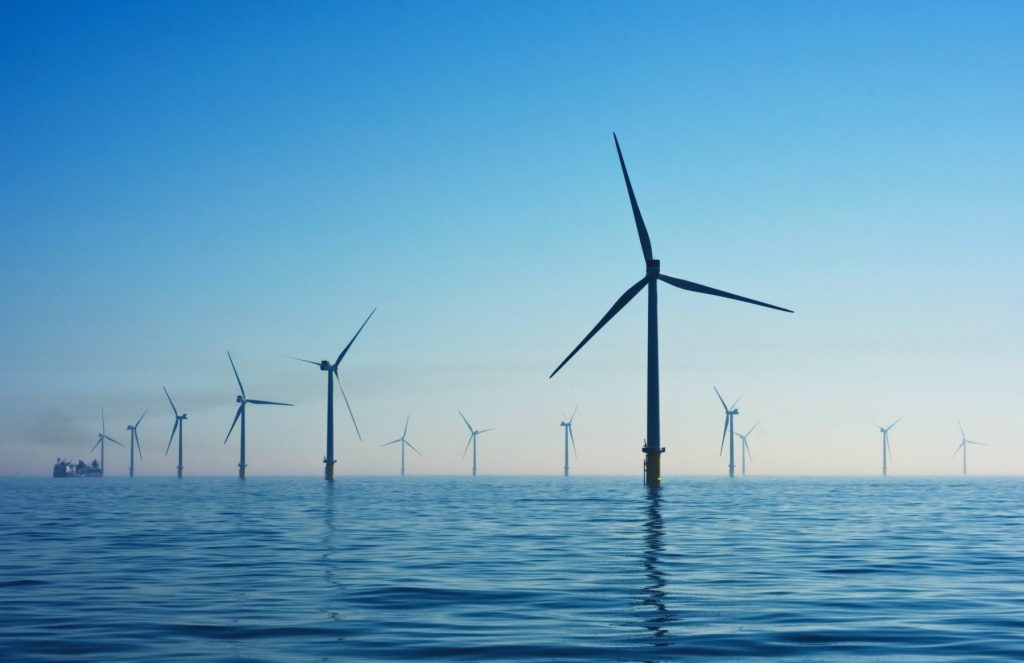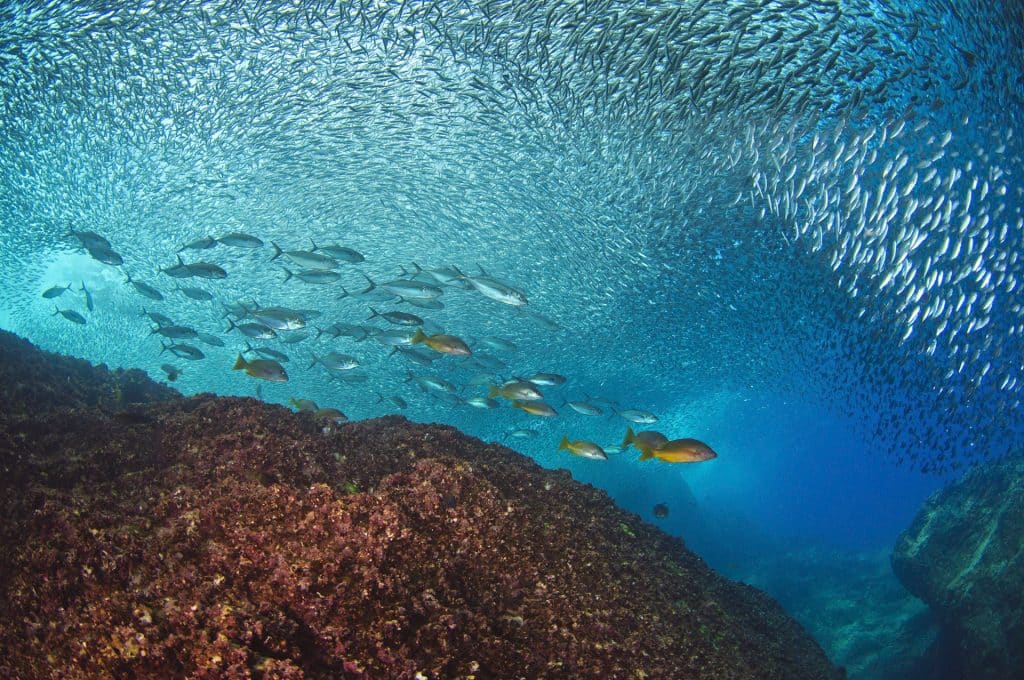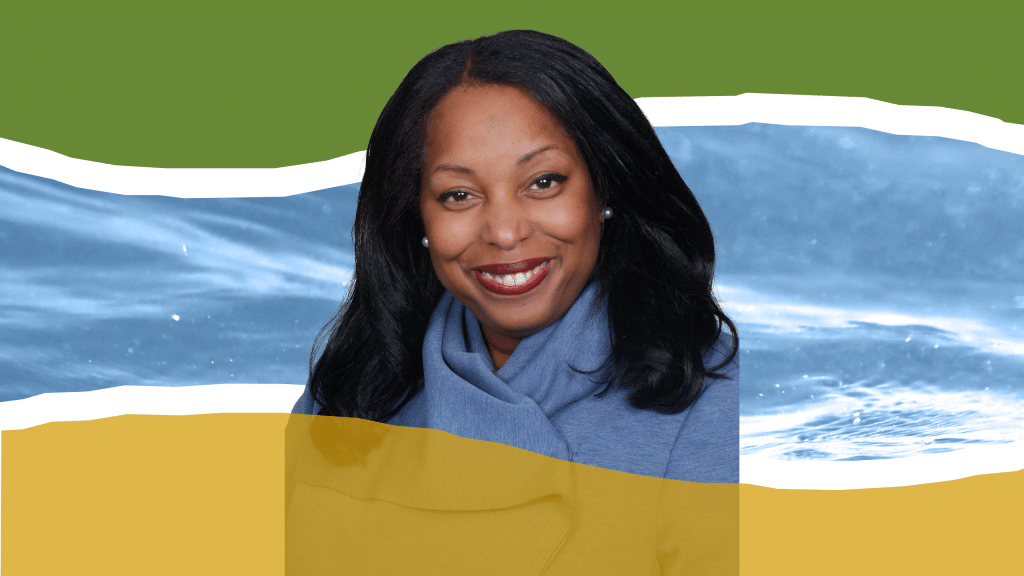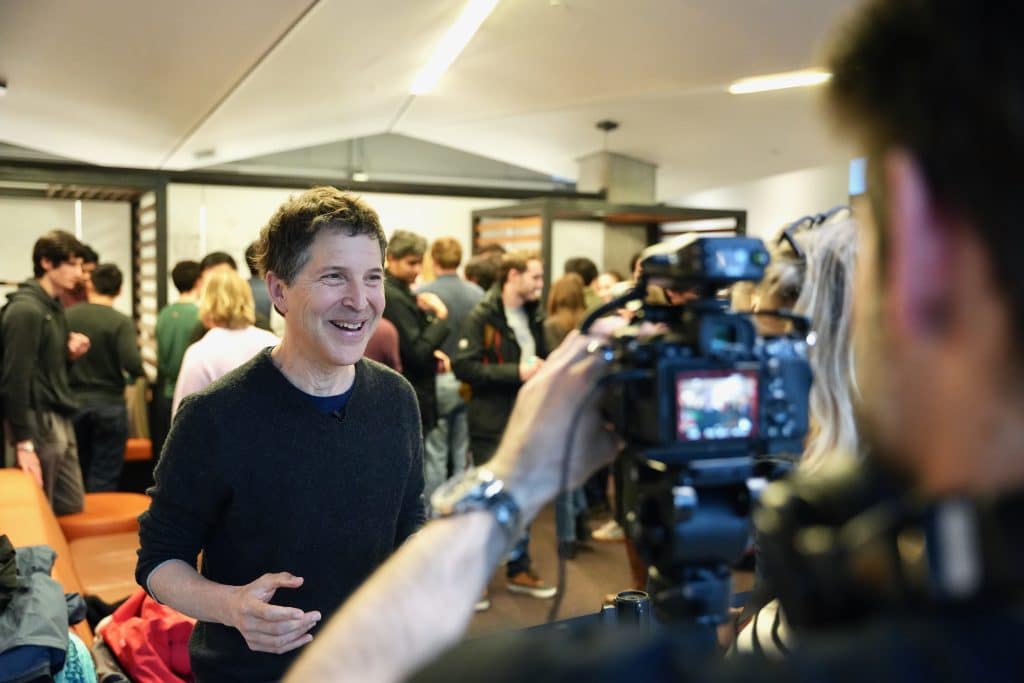A healthy ocean is a powerful force for good, providing oxygen and food, economic benefits, and opportunities for recreation and spiritual renewal, while sustaining cultural traditions.
However, these ocean benefits do not flow equitably. A recent report from the High Level Panel for a Sustainable Ocean Economy found, “overwhelming evidence that current access to ocean benefits and resources, as well as exposure to harms, is distributed inequitably. This results in negative effects on the environment and human health, loss of livelihoods, limited financial opportunities for vulnerable groups and challenges to nutritional and food security.”
This distinguished group of national leaders called for centering ocean equity in ocean management to, “protect human rights, improve human well-being, stimulate inclusion and gender equity, and prioritise recognition, diversity and equal access to resources to provide fair opportunities consistent with sustainable development.”
At the Packard Foundation, we are examining how best to support more just and equitable approaches to managing ocean resources and ocean conservation outcomes. There is so much work to be done, and we are encouraged by what is already underway to prioritize and address ocean equity.
Consider overfishing. All over the world, large industrial fleets take as much seafood as they can from the ocean. This impacts ocean health and crowds out small-scale fishers who rely on the ocean to make a living and feed their families. Yet, fishing remains largely unmanaged by governments – and the regulations that do exist are rarely enforced. Research shows that fishing vessels that violate existing fishing regulations are much more likely to be linked to slavery, human trafficking, and other human rights abuses.
In coastal regions of Mexico, Chile, and Indonesia, our grantees are working to address this challenge by strengthening the legal rights and governing powers of fishing communities to ensure that they have the authority to manage their nearshore waters. On the high seas and in several countries around the globe, the ocean conservation and human rights communities are uniting forces to fight illegal and unregulated fishing and the human rights violations often linked with these activities.
A more equitable approach to improving ocean health requires changes to how we produce seafood. Over the past 25 years, the ocean conservation community has made significant progress in working with industry leaders to improve the environmental sustainability of seafood production. This work has increasingly focused on social and economic inequities that exist within seafood supply chains, including labor abuses in how fishing crews are recruited and treated at sea, unsafe work environments on vessels and in processing plants, and unequal distribution of economic benefits, especially for small-scale fishers and women. Including human well-being and ocean health as co-equal goals in fisheries and ocean management more generally is long overdue.
Our grantees are increasingly working with coastal communities, government entities, and industry stakeholders to establish ocean management policies and practices that include clear goals and indicators for local livelihoods, food security, and social equity, alongside goals and indicators for ocean ecosystem and fish stock health.
Our resolution for the new year is to elevate the people and organizations that are doing this hard and important work and share their stories to inspire others to act.
The Packard Foundation’s ocean team is focused on making 2021 the year we more intentionally weave human well-being and ocean health together through the work we support. This is the year for ocean equity.










